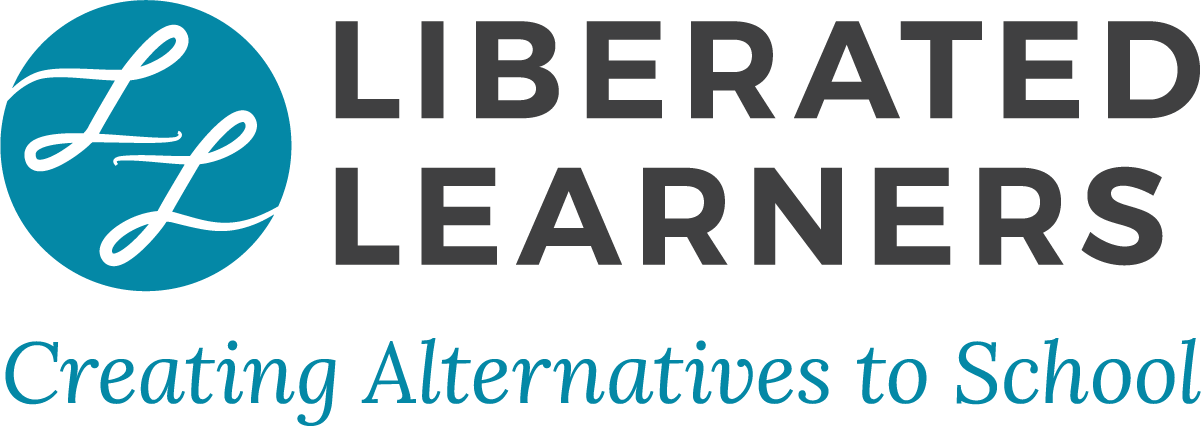By Joel Hammon.
Schools throughout NJ are gearing up to give another round of the PARCC. Families are rightly opting out of these tests. Tests measure a very narrow range of skills and abilities—they can’t possibly measure what we value most in young people: creativity, inspiration, kindness, curiosity, collaboration. In fact, the focus on standards and testing can actually undermine these things. Tests and test prep can squeeze out of schools the most important parts of education.
Some parents, however, feel that the problem goes deeper than just the tests. One way to look at the PARCC and other standardized tests is that they are just the most visible and controversial part of the traditional public and private school system that has increasingly moved away from focusing on the needs and interests of young people and relies more and more on state standards and rigid requirements.
Some parents have come to feel that the entire system and philosophy of traditional schooling is not a good fit for their child. They know that learning should not be based on a set of state or district standards, but rather on the interests, abilities and goals of children and their families.
Because of this, some families are opting out of the school system in a bigger way.
What does this entail? The most widely recognized and efficient way to opt out of the school system in the United States is called homeschooling. Although the name brings to mind images of doing school at home with parents as teachers, homeschooling can involve a wide array of learning opportunities and channels. Homeschooling is simply the legal mechanism—like the opt-out forms for the tests—that gives families the freedom and flexibility to create the kind of life and education that works best for their children.
The main advantage of homeschooling is that the family has full control over what, when and how learning happens. Take, for example, a middle schooler who has a serious interest in computers, programming and gaming. I know from first-hand experience that it is very hard for a school to feed an interest like this in any serious way. There might be some computer use in various classes. Maybe there is a computer elective that meets every other day or once a week for 45 minutes. Maybe there is an after school club of some kind. All of these are all fringe activities. The main experiences of this computer-minded middle schooler would be activities that are irrelevant to their big interests. Add in hours of homework a night, leaving only scraps of time and energy to pursue their passions, and this child may find their life deeply frustrating.
What if this young person’s family opted them out of the traditional school system? Instead of computers being a peripheral part of this child’s education, they could be the central focus and the anchor for all sorts of other kinds of learning. Once you step out of the traditional system, there are so many amazing resources available to families. A child passionate about computers may learn programming on sites like Code Academy, explore work and career options with a local programmer, and design and build their own computers. They could volunteer or intern at a local computer repair store or software company, use free online software to start designing and building their own games, or get involved at the NYU Game Center, which holds a variety of public events.
All of a sudden this child—who may have viewed school as boring or just something to get through—is excited about life and learning again. They are engaged in the things that speak most to them and see a direct connection with what they want in their life and the way they spend the majority of their time.
That’s what opting out can look like.
I work at Princeton Learning Cooperative in New Jersey. We support families and teens to opt out of school to create the kind of life they want for themselves. We mostly work with families coming from traditional public and private schools, families who had never considered homeschooling as an option before. We offer various supports to make opting out of school a practical reality: a small and caring community of adults and other teens, classes, tutoring, mentoring, trips, help finding intern and volunteer opportunities and help with college admissions.
If your dissatisfaction with standardized education goes beyond just the tests, you may want to explore opting out in a bigger way—either as an independent homeschooling family or as member of a self-directed learning center like PLC. Check out our list of Liberated Learners member programs to see if there is one in your area. Share this Post

